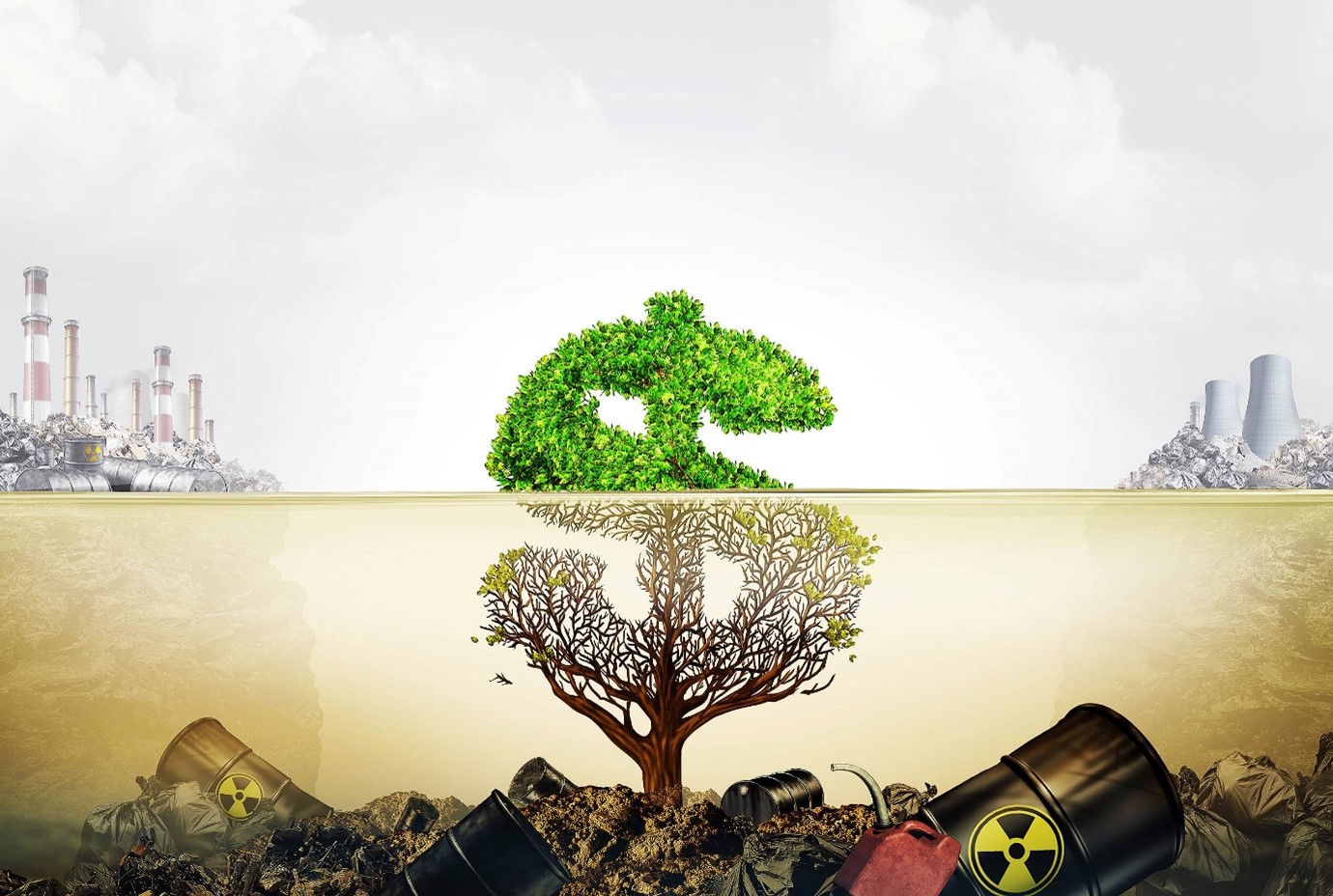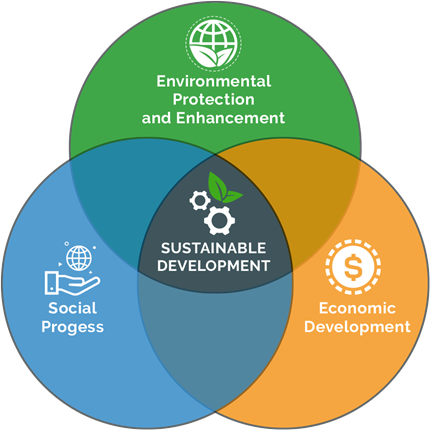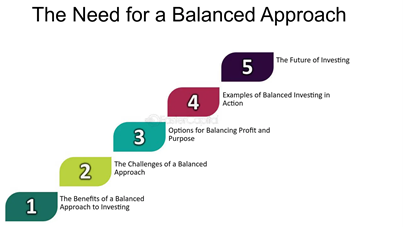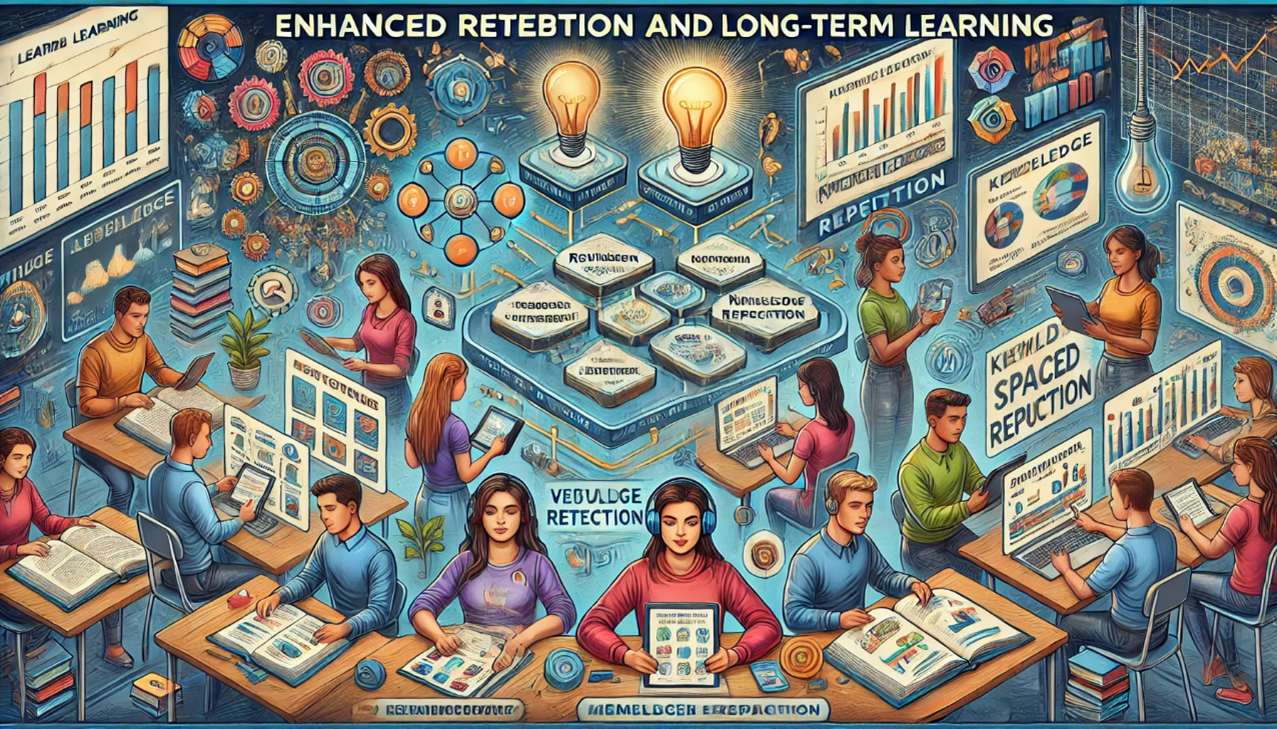Should governments prioritize environmental policies over economic growth?

Should governments prioritize environmental policies over economic growth?
by Nathaniel 02:36pm Feb 03, 2025

Should governments prioritize environmental policies over economic growth?
The debate between prioritizing environmental policies or economic growth is one that has gained significant attention in recent years. This issue has become increasingly relevant due to the growing concerns over climate change, resource depletion, and the unsustainable nature of current economic practices. However, this is not a simple dichotomy, as both economic growth and environmental sustainability are crucial for the long-term prosperity of societies. In this essay, we will explore the arguments for and against prioritizing environmental policies over economic growth and analyze the complex relationship between the two.
The Argument for Prioritizing Environmental Policies
The most compelling argument for prioritizing environmental policies is the long-term survival of the planet and humanity itself. As the global population grows and industrialization continues, environmental degradation has escalated. Climate change, biodiversity loss, and pollution are not merely challenges to the environment, but threats to human health, food security, and the stability of ecosystems that humans rely on for survival. Rising global temperatures, extreme weather events, melting glaciers, and more frequent droughts and floods can disrupt economies, agriculture, and human migration patterns. Without addressing these environmental issues, any short-term economic growth will ultimately be undermined by the unsustainable use of resources and the degradation of the natural world.
Climate Change and Economic Disruption
Climate change presents a particularly dire challenge. If unchecked, it could cost the global economy trillions of dollars due to damage to infrastructure, loss of productivity, and decreased agricultural output. The World Bank estimates that climate change could push an additional 100 million people into extreme poverty by 2030. Thus, prioritizing environmental policies, such as reducing carbon emissions and transitioning to renewable energy, is not just about safeguarding the environment but also about protecting the long-term economic stability of nations.
Sustainable Development
The concept of sustainable development argues that economic growth should be achieved without compromising the ability of future generations to meet their own needs. By implementing policies that promote environmental sustainability, governments can create economies that are more resilient, diversified, and adaptable to changing conditions. Investing in clean technologies, green infrastructure, and renewable energy not only reduces environmental harm but also creates new economic opportunities. For example, the renewable energy sector has become a significant driver of employment, with millions of jobs created globally in wind, solar, and other green industries. Governments that prioritize environmental policies can stimulate innovation, boost job creation in sustainable sectors, and build economies that are less reliant on finite fossil fuels.
Public Health and Well-being
Environmental policies also have a direct impact on public health. Air pollution, water contamination, and chemical exposure contribute to a wide range of health issues, including respiratory diseases, cancers, and neurological disorders. By implementing stricter environmental regulations, governments can reduce health care costs, improve quality of life, and increase worker productivity. The economic burden of poor health due to environmental factors can significantly outweigh the costs of environmental protection. Therefore, policies aimed at improving environmental quality can be seen as an investment in the health and well-being of the population, which in turn supports long-term economic growth.
The Argument for Prioritizing Economic Growth
On the other hand, there are those who argue that prioritizing economic growth is necessary to achieve the resources and technological advancements needed to address environmental issues effectively. Economic growth can provide the financial means to invest in cleaner technologies, infrastructure, and research that can solve environmental problems. For many developing nations, economic growth is seen as the key to improving living standards, reducing poverty, and achieving social progress. These countries often face difficult choices between environmental sustainability and the need to develop their economies in order to alleviate poverty and enhance quality of life for their populations.
Economic Growth as a Means of Funding Environmental Initiatives
It is important to acknowledge that economic growth does not inherently mean environmental degradation. Some economists argue that a growing economy generates more wealth, which can then be invested in environmental protection. For example, countries with higher GDP levels are more likely to afford investments in green technologies, environmental monitoring, and the restoration of damaged ecosystems. Furthermore, as economies grow, they tend to shift from reliance on heavy industry to more service-based industries, which often have lower environmental impacts. Technological innovations that emerge from economic growth can also offer solutions to environmental challenges. In fact, some of the most significant advances in renewable energy, waste management, and carbon capture have been driven by economic incentives.
Job Creation and Economic Resilience
Economic growth is also tied to job creation, especially in developing nations. In these countries, the priority is often on lifting people out of poverty through industrialization, urbanization, and increased access to education and healthcare. While environmental sustainability is important, many argue that addressing economic inequality and providing opportunities for growth is a prerequisite for achieving long-term sustainability. Without economic growth, there may be insufficient resources to address pressing environmental issues or to create a resilient infrastructure that can withstand environmental changes.
The Risk of Overregulation
Another concern is that excessive regulation of industries in the name of environmental protection can stifle economic growth. If governments impose stringent environmental standards without considering the economic impacts, businesses may relocate to regions with less stringent regulations, resulting in job losses, decreased productivity, and lower overall economic output. This could create a situation where the country sacrifices its economic health without necessarily achieving meaningful environmental benefits, especially if global efforts to reduce emissions and pollution are not coordinated. Overregulation may also lead to higher costs for consumers and businesses, potentially exacerbating social inequalities.
The Need for a Balanced Approach
While both environmental sustainability and economic growth are essential, the challenge lies in finding a balance that allows for the pursuit of both goals. A zero-sum approach where one is prioritized over the other is unlikely to be effective in the long term. Instead, a more integrated approach is needed that views economic development and environmental protection as complementary goals.
Governments can implement policies that foster green growth—where economic growth is decoupled from environmental degradation. This can be achieved through investments in clean energy, energy efficiency, circular economies, and the promotion of sustainable agricultural practices. International agreements, such as the Paris Agreement, can also play a crucial role in ensuring that nations collaborate on global environmental challenges while also promoting sustainable economic growth.
In conclusion, rather than prioritizing one over the other, governments should aim to integrate environmental policies with economic growth strategies. By doing so, they can create economies that are not only prosperous but also sustainable, ensuring that future generations inherit a planet that is capable of supporting both human and ecological well-being.






